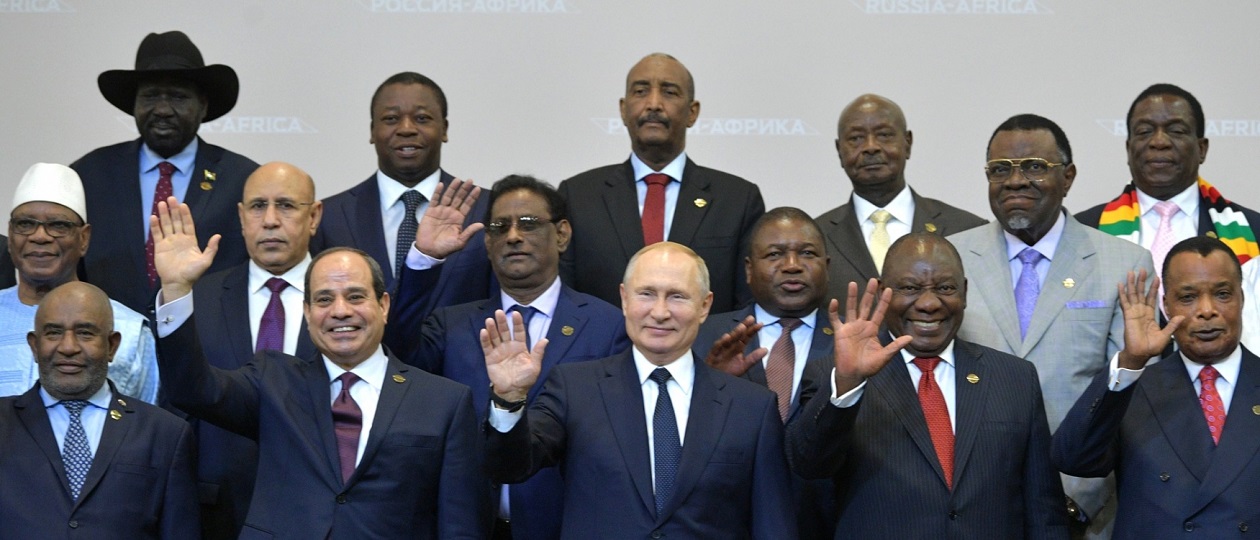
Starting from February 5, 2023, the European Union has banned sea imports of Russian oil products.
In this regard, Moscow is forced to look for other buyers for about a million barrels a day of diesel fuel, naphtha, etc., if it still wants to receive money for them.
Deliveries of Russian fuel to third (non-European) countries are regulated by a price ceiling of one hundred dollars per barrel.
How does the market react to all these barriers and barriers? Creatively. I think this picture will someday be included in trading textbooks.
The African states of the Mediterranean, as well as Turkey, have begun to buy significantly more Russian fuel than before the imposition of Western sanctions. Buy, of course, not to use. And to mix and resell.
Here are just a couple of examples.
Morocco. In January, the country imported two million barrels of Russian diesel fuel in a month, while for the whole of 2021 (!) the kingdom purchased only 600,000 barrels (data from Kpler).
Tunisia. In January, the country imported 2.8 million barrels from Russia, in February they reached 3.1 million barrels. And in 2021, the country almost did not buy oil products from the Russian Federation at all.
Why all of a sudden such excitement? What happened in North Africa?
And just in terms of logistics, their ports are incredibly conveniently located. And therefore they can earn on the re-export of Russian fuel to other countries, including Europe, after mixing with products of non-Russian origin. Among other things, such schemes are possible when the buyer in Tunisia or Morocco is a company that is not completely alien to Russian oilmen. And then the price of the product at the first step is within the ceiling, and at the second step it grows to the market.
The moral is that it is necessary to fight for peace through active diplomacy, and not violence against the market. Counting on the invention of any miracle restrictions is a utopia.





